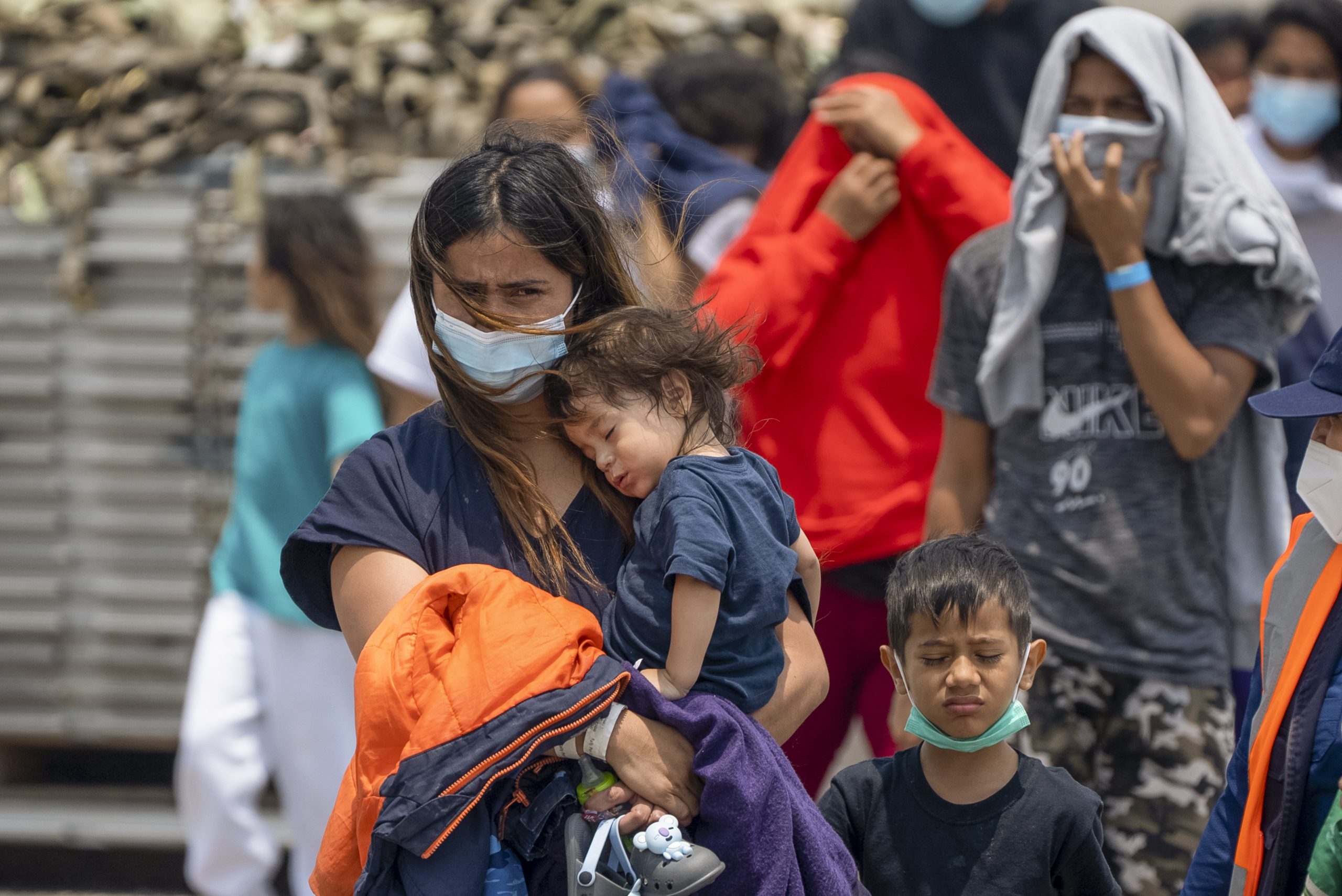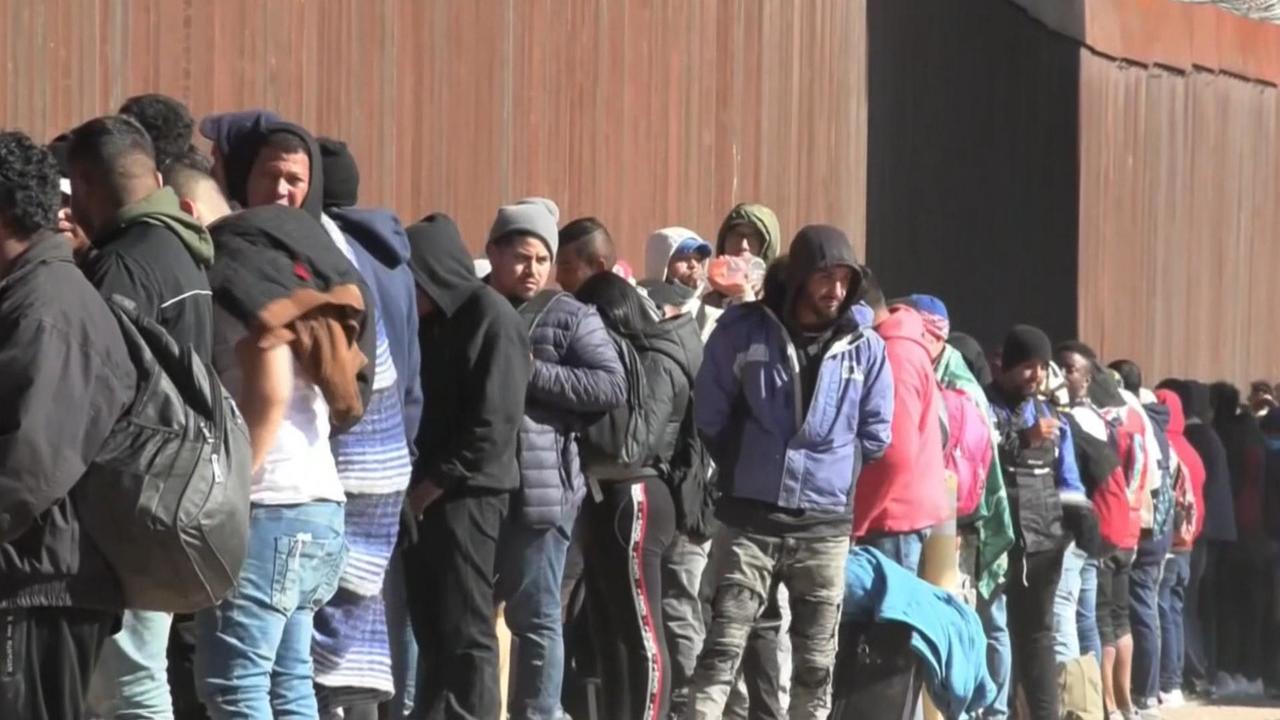Fact-checkers have debunked the social media claim that migrants can use an app to get free flights to the U.S. The assertion originated from a report by the Center for Immigration Studies, which raised concerns about a parole program for migrants from certain countries. However, the report did not state that migrants were receiving free flights.
The parole program allows immigrants from four countries—Cuba, Haiti, Nicaragua, and Venezuela—to live and work in the U.S. for up to two years. Applicants undergo a thorough process that includes security and background checks, requires a U.S. sponsor, and does not involve the use of an app.
Moreover, participants in the program are responsible for purchasing their plane tickets; taxpayers do not cover the cost of their flights.

Florida Migrants (Credits: WLRN)
The Department of Homeland Security grants parole for “significant public benefit or urgent humanitarian reasons.” While some politicians have referred to program participants as “illegal aliens,” experts clarify that individuals entering the U.S. through the parole program are authorized to be in the country legally and have official permission to be there.
It’s essential to distinguish between migrants entering the U.S. through legal channels, such as the parole program, and those who enter unlawfully.
The parole program allows individuals facing humanitarian crises or urgent circumstances to seek temporary refuge in the U.S. under specific criteria.
Efforts to challenge the legality of the parole program have occurred, with Texas Republican officials filing a lawsuit against the Biden administration.

Man from Florida (Credits: WUFT)
However, a federal judge dismissed the lawsuit without ruling, highlighting the complexity and ongoing debate surrounding immigration policies in the U.S.
Claims suggesting that migrants are using an app to obtain free flights to the U.S. misrepresent the nature of the parole program and the process involved.
It’s crucial to rely on accurate information when discussing immigration issues to avoid spreading misinformation and misunderstanding the nuances of immigration policies.























